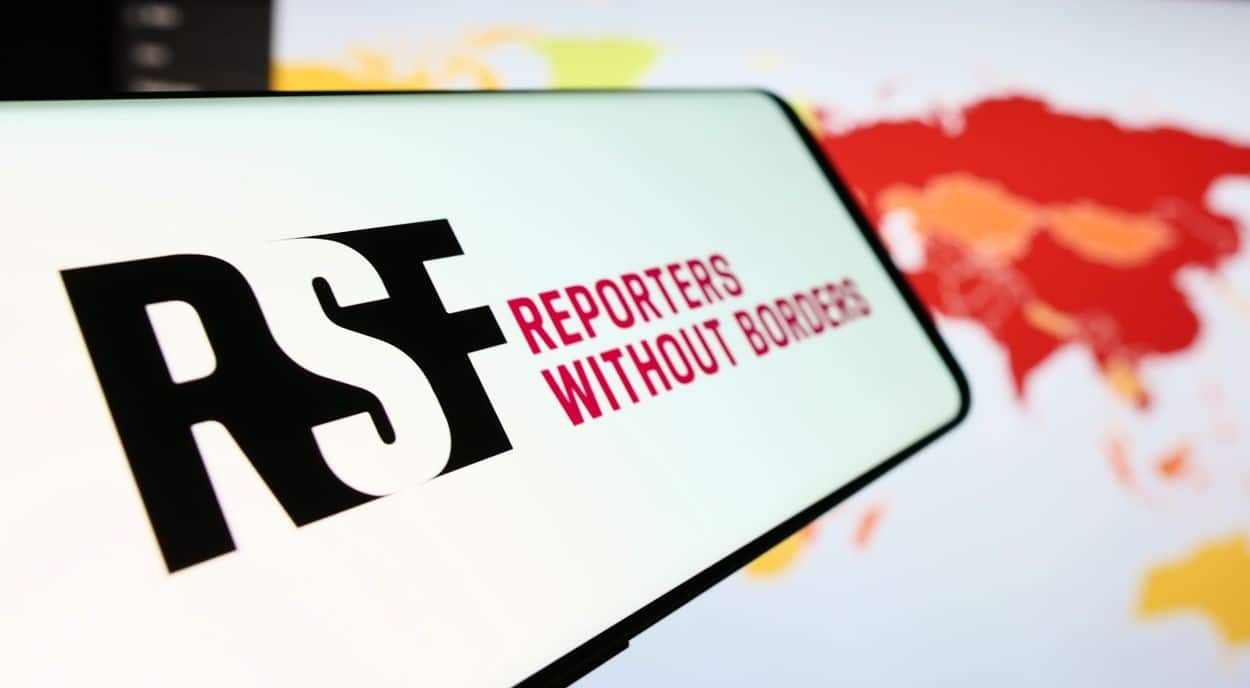Pakistan has plummeted to 158th in the 2025 World Press Freedom Index, as Reporters Without Borders (RSF) labels global press freedom conditions the worst in history.
The RSF report highlights economic pressures, political interference, and violence against journalists, noting that Pakistan endures severe restrictions under controversial laws such as the Prevention of Electronic Crimes Act (Peca).
RSF downgraded the global media freedom situation to “difficult,” driven by economic strain on news organisations, disinformation, and attacks on journalists. In Pakistan, the Freedom Network’s report, “Free Speech and Public Interest Journalism Under Siege,” warns of an “existential threat” to media due to tightened regulations, declining safety, and job insecurity. The Peca amendments, passed in January 2025, intensify these issues, drawing criticism for stifling free expression.
On #WorldPressFreedomDay, PPF highlights the escalating threats to media freedom in Pakistan. From legal crackdowns under the amended PECA law to arrests, violence, and financial pressure — journalists face intimidation online and offline. Read Report: https://t.co/kHNWm3J715 pic.twitter.com/PGZZhLBY03
— Pakistan Press Foundation (@Pakistan_Press) May 2, 2025The amendments, challenged in Pakistan’s Supreme Court, Islamabad High Court, and Lahore High Court, introduce stricter penalties, create new regulatory bodies like the Social Media Protection and Regulatory Authority, and empower authorities to block content against Pakistan’s ideology. Penalties for spreading “fake information” online now include up to three years in prison and fines of Rs2 million.
Journalists’ Response and “Black Laws”
The Pakistan Federal Union of Journalists (PFUJ) condemned the Peca amendments and Punjab’s Defamation Law as “black laws” aimed at controlling the media. In a statement for World Press Freedom Day, PFUJ leaders Khalid Khokhar and Arshad Ansari decried journalist kidnappings, false cases, and bank account freezes. They noted six journalists killed in the past year, the sealing of Quetta Press Club, and intense pressures in Khyber Pakhtunkhwa and Balochistan.
The PFUJ criticised the government’s failure to enforce the Journalist Safety Act and highlighted the lack of a functioning safety commission. Journalists vow to continue resisting restrictive laws.
President Asif Ali Zardari reaffirmed his commitment to a free press, honouring journalists’ sacrifices and citing Article 19’s protections for free speech. He urged stronger measures to ensure a safe environment for journalists and warned against the impact of disinformation on public trust. Similarly, PPP Chairman Bilawal Bhutto Zardari praised journalists and emphasised press freedom as the “voice of the people.” He highlighted the Sindh Protection of Journalists Act 2021 as a model for journalist safety.
Read: PTI Challenges PECA Amendments Law in Lahore High Court
Pakistan’s drop to 158th in the 2025 World Press Freedom Index signals a critical threat to media freedom, worsened by laws like Peca. As journalists fight back and leaders pledge support, urgent action is needed to protect press freedom and ensure a vibrant, independent media landscape in Pakistan.






